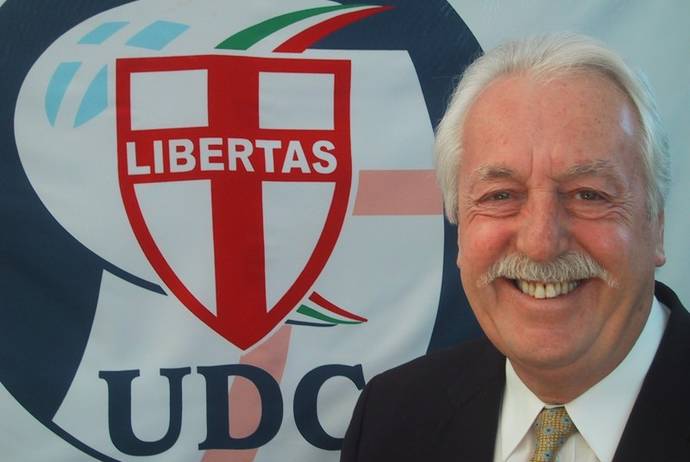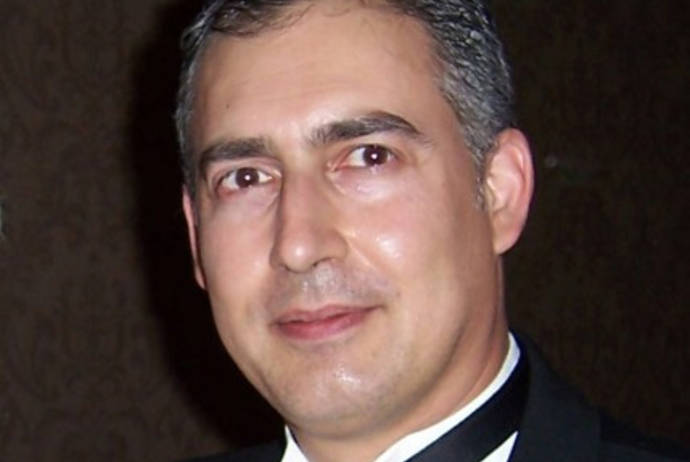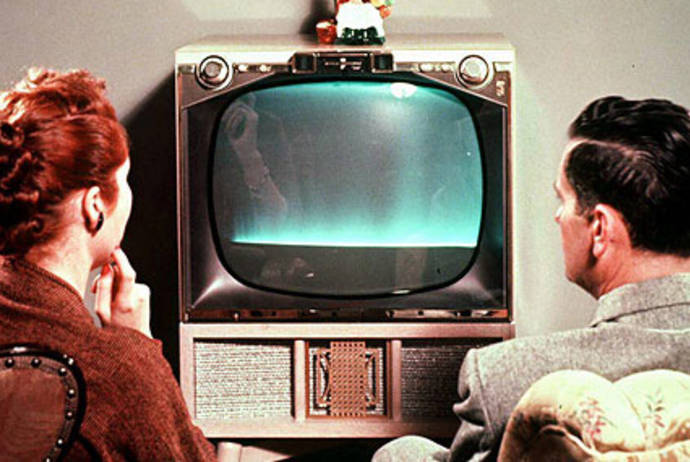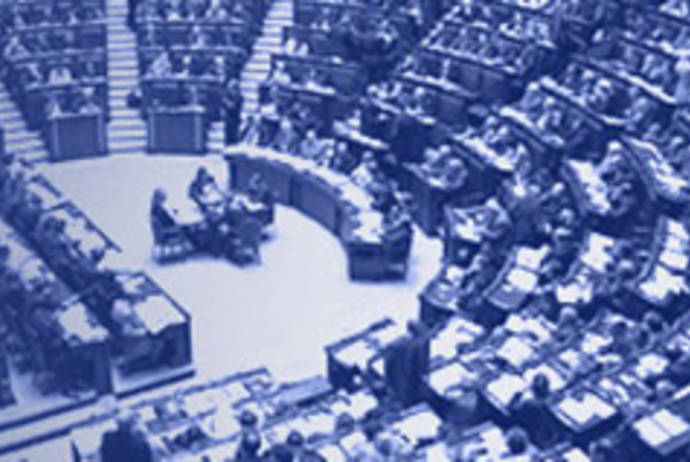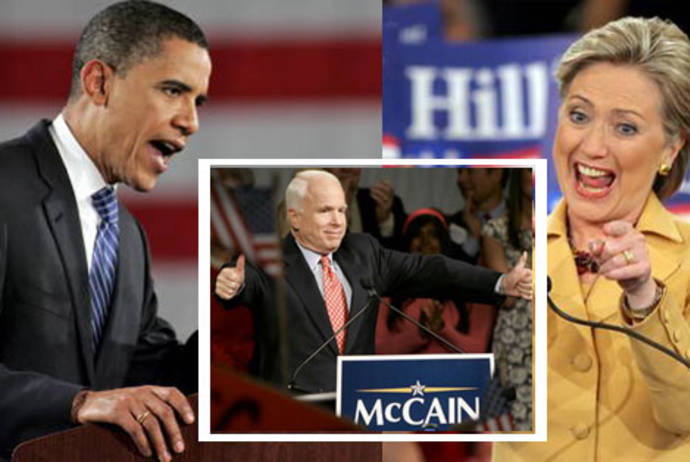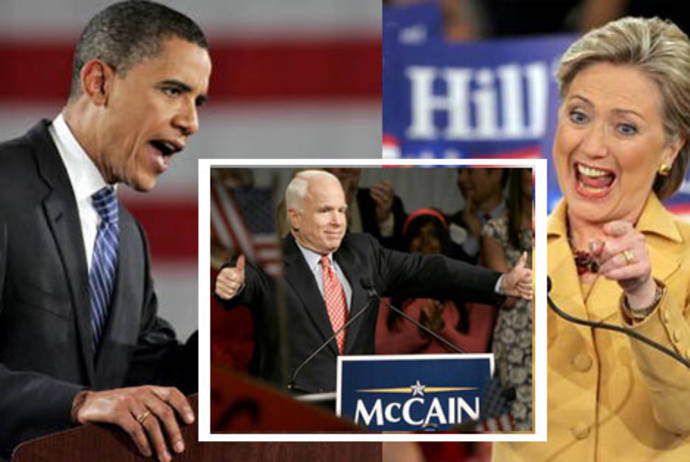di Dom Serafini. Massimo Seracini si definisce “figlio di uno dei padri della Dc italiana” che é dal 1968 in California cominciando come venditore di macchine da scrivere Olivetti. Poi: “fiorentino purosangue…marito, padre e nonno felice di ben sei nipoti”. Anche al 65enne Seracini –– che é in campo per la seconda volta in nord e centro America per l’Udc di Pierferdinando Casini, questa volta per il Senato –– abbiamo fatto cinque domande.
Domanda: Massimo, sei una persona ben voluta e ben conosciuta a San Diego, in California, ma come farai a farti apprezzare a Montreal, Toronto e New York?
Risposta: Dopo l'esperienza politica del 2006 svolta essenzialmente nel sud California, ho continuato il mio lavoro volontario per le comunitá italiane pubblicando ben 216 interventi sui media degli Stati Uniti e Canada, ripresi anche in Sud America e in Italia, interessandomi a molti problemi comuni a tutte le comunitá del territorio, sopratutto a livello culturale. Il mio lavoro incessante, donato gratuitamente per la "mission" di rappresentare la voce degli italiani in America, che voglio portare a Roma, mi ha coinvolto "again" in questa corsa elettorale che intendo promuovere in questi ultimi giorni di campagna elettorale in un tour che mi porterá a contatto con le piú importanti comunitá italiane in Usa, Canada e Messico. Sono reduce dalla registrazione a Roma di due Tribune Elettorali che dovrebbero lanciare la mia candidatura e farmi conoscere alla gente, come un politico molto "sui generis", uno di loro con quarant'anni esatti di emigrazione che conosce sulla pelle i "needs and wants" degli italiani all'estero.
D.: Perché un italiano che non ti conosce dovrebbe votarti?
R.: Perché il mio slogan "uno di voi" é la veritá e dimostra l'ambizione di servire la mia gente e non di appartenere alla casta.
D.: Alle ultime elezioni politiche con il volto all'estero, l'UDC ha preso l'11,24% al Senato ed il 10,9% alla Camera. Che speranze avete questa volta?
R.: Questa volta con l'orgoglio di Casini che ha rifiutato di vendersi a Berlusconi e il lavoro incessante che ho svolto sul territorio in oltre due anni e la partecipazione di tre nuovi compagni di cordata, che si sono distinti nelle loro comunitá, vogliamo raddoppiare i voti presi nel 2006 e conquistare il seggio al Senato e alla Camera.
D.: Perché, almeno all'estero, il centro-destra non é completamente unito?
R.: Chiedilo a Mr. Berlusconi. L'Udc non é in vendita, Alleanza Nazionale invece........!
D.: L'esperienza passata con gli eletti all'Estero é stata di totale delusione. Visto che sei al corrente di questo fatto, cosa ti proponi di fare di diverso?
R.: Tutto! a cominciare, come ho proposto nell'intervista a Rai International, di organizzare immediatamente dopo il 13 aprile fra i 18 eletti un caucus permamente fra di noi per proporre unito le proposte di legge per gli italiani all'estero, e ...farle approvare!






























